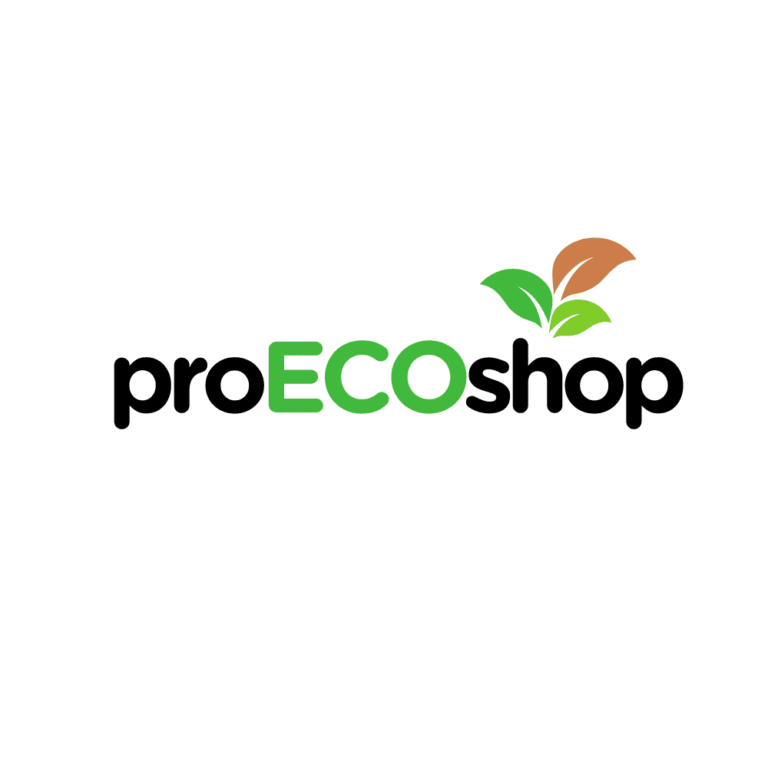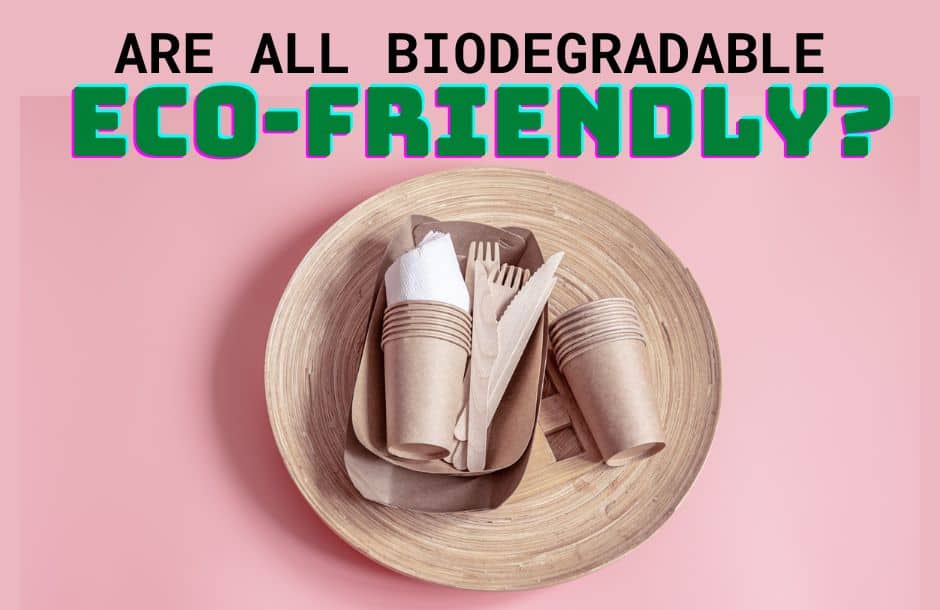Biodegradable products are eco-friendly because they are made from natural materials that can be broken down by bacteria and other organisms. This means that they are less likely to pollute the environment than products made from synthetic materials. Biodegradable products are also often made from renewable resources, which helps to reduce our reliance on fossil fuels.
What are biodegradable products?
Biodegradable products are those that can be broken down by natural processes into simpler, organic materials. This process is known as biodegradation. Biodegradable products are typically made from renewable resources, such as plant materials. They are an important part of sustainable living and are often used in eco-friendly products.
Biodegradable products are often used in place of traditional plastics and other materials that are not biodegradable. This is because they are less damaging to the environment. When biodegradable products break down, they do not release harmful chemicals or pollutants into the air or water. This makes them a much safer choice for the environment.
There are many different types of biodegradable products available on the market today. Some common examples include:
• Compostable bags
• Recycled paper
• Bamboo products
• Natural fibers
• Plant-based plastics
So, is biodegradable eco-friendly? By choosing biodegradable products is a great way to reduce your impact on the environment. By using eco-friendly products, you can help to protect our planet for future generations.
What are the benefits of using biodegradable products?
The benefits of using biodegradable products are numerous.
Perhaps most importantly, they are eco-friendly and help to reduce our impact on the environment.
Biodegradable products also tend to be more durable than their non-biodegradable counterparts, meaning they will last longer and save you money in the long run.
Additionally, biodegradable products are often made from natural, renewable materials, so they are better for your health than synthetic options.
How can you tell if a product is biodegradable?
There are a few ways to tell if a product is biodegradable. One way is to look for the “biodegradable” label on the product. This label indicates that the product will break down into natural substances over time. Another way to tell if a product is biodegradable is to check the ingredients list. If the product contains natural ingredients that are known to break down easily, then it is likely that the product is biodegradable. Finally, you can contact the manufacturer of the product to ask about its biodegradability.
Are all biodegradable products eco-friendly?
Biodegradable products are those that can be broken down by natural means, such as through the action of bacteria or other living organisms. In theory, anything that is biodegradable should be eco-friendly, as it will eventually return to the earth from whence it came. However, there are a few things to consider before assuming that all biodegradable products are good for the environment.
First, just because something is biodegradable does not mean that it will break down quickly. In some cases, it can take years for a biodegradable product to decompose. This means that if you are using biodegradable products in place of non-biodegradable ones, you need to be sure that they will actually break down within a reasonable timeframe. Otherwise, you are simply creating more waste that will sit in landfills for a long time.
Second, the way in which a biodegradable product breaks down can also have an impact on the environment. For example, some biodegradable products release methane gas as they decompose. Methane is a greenhouse gas that contributes to climate change, so it is not necessarily eco-friendly.
Finally, it is important to remember that just because a product is biodegradable does not mean that it is necessarily good for the environment. For example, a biodegradable plastic bag is still a plastic bag. It will take up space in a landfill and may release harmful chemicals into the ground as it decomposes.
In conclusion, not all biodegradable products are eco-friendly. However, if you choose wisely and make sure that the products you are using will actually break down in a reasonable timeframe, you can minimize your impact on the environment.
Is biodegradable waste harmful to the environment?
There is a lot of debate surrounding the topic of biodegradable waste and its effects on the environment. Some people believe that biodegradable waste is harmful to the environment, while others maintain that it is actually beneficial. So, what is the truth?
The main benefit of biodegradable waste is that it does not contribute to landfills. When organic materials like food and paper decompose in landfills, they create methane gas, which is a powerful greenhouse gas. By contrast, biodegradable waste decomposes quickly and naturally, without producing methane.
However, there is a potential downside to biodegradable waste. If it is not composted correctly, it can release methane gas into the atmosphere. In addition, some forms of biodegradable waste, like plastics made from corn, can actually require more energy to decompose than traditional plastics.
So, is biodegradable waste harmful to the environment? The answer is complicated. Biodegradable waste definitely has benefits, but it can also be harmful if not handled properly. Ultimately, it is important to compost biodegradable waste correctly and to use it wisely to minimize its negative effects.
What are some examples of biodegradable products?
Nowadays, an increasing number of people are becoming more conscious about the environment. As a result, there is a growing demand for products that are eco-friendly and biodegradable. Biodegradable products are made from natural materials that can be broken down by bacteria or other living organisms. Examples of biodegradable products include paper, cardboard, wood, food waste, and certain types of plastics.
The main advantage of biodegradable products is that they are much friendlier to the environment than traditional products. For example, when paper is thrown away, it will eventually decompose and return to the earth. This is in contrast to plastic, which takes hundreds of years to decompose. In addition, biodegradable products often require less energy and resources to produce. As a result, they have a smaller carbon footprint and are less harmful to the environment.
What are some tips for using biodegradable products?
Biodegradable products are those products that can be broken down into simpler organic materials by microbes. These products are safe for the environment and are a great alternative to conventional products that contain harmful chemicals. Some tips for using biodegradable products include:
1. Choose products that are made from natural, plant-based materials.
2. Avoid products that contain synthetic chemicals or fragrances.
3. Look for products that are certified organic or biodegradable.
4. Use products that are designed to be compostable or recyclable.
5. Avoid using products that contain microbeads or other plastic particles.
6. Choose products that are packaged in recyclable or compostable materials.
7. Avoid using products that come in single-use packaging.
8. Reduce your overall consumption of products.
9. Reuse or repurpose products whenever possible.
10. compost or recycle biodegradable products instead of throwing them away.
Want to know more about various BIODEGRADABLE products & materials?
Check out our latest articles and tips for enjoying your simple and sustainable life.

